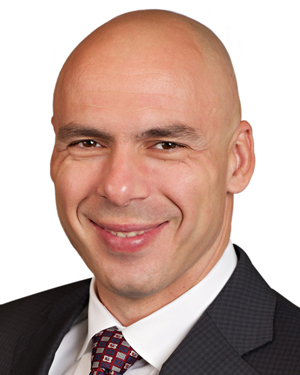Ontario’s Municipal Conflict of Interest Act is being used as a “political tool” to launch unnecessary litigation, says one Toronto lawyer.
Baker & McKenzie LLP lawyer George Avraam, along with the Ontario Public School Boards’

Association, says the provincial government should clarify the parameters of the municipal conflict of interest rules so that school trustees are protected.
Avraam, along with lawyer Mark Mendl, recently represented longtime Hamilton-Wentworth District School Board trustee Judith Bishop in a conflict of interest case.
In February, Hamilton, Ont., resident and parent Mark Coakley filed a conflict of interest application against Bishop, alleging she had a financial stake in voting to close Prince Philip Elementary School because it would save two schools in her neighbourhood and therefore increase the value of her home.
Last week, Coakley withdrew his application in exchange for Bishop not seeking costs against him.
“This case should never have been brought in the first place,” says Avraam. “It was a political tool to keep Prince Philip open. There was never a conflict.”
Avraam says he’s seeing more conflict of interest cases like this one being launched, mentioning the cases against Toronto Mayor Rob Ford and Mississauga Mayor Hazel McCallion.
“The danger, in my view, of what’s happening now is that people are using this piece of legislation as a political tool instead of a legal tool,” he tells
Legal Feeds.
He says there is value to the legislation, but it requires some clarification.
“There’s fundamental value in having that legislation, which is to make sure that municipal politicians don’t feather their own nest,” he says. “[But] the legislation certainly needs some clarity to ensure that municipal politicians can vote on local issues even if it involves their area because they’re the experts within their area, they know their community.”
He also says the courts should not be so reluctant to award costs in these types of cases.
“The courts are generally not awarding costs to unsuccessful applicants. So you can have these applications with political motivations and you’re not going to get your costs,” he says.
“If courts are more active in awarding costs then the frivolous [claims], such as this one, would not be so easily advanced,” he adds.

 Association, says the provincial government should clarify the parameters of the municipal conflict of interest rules so that school trustees are protected.
Association, says the provincial government should clarify the parameters of the municipal conflict of interest rules so that school trustees are protected.